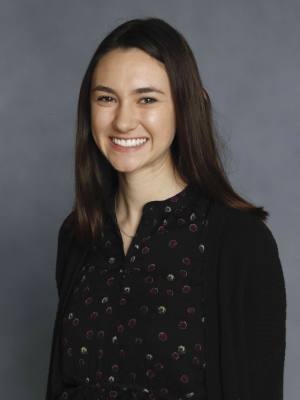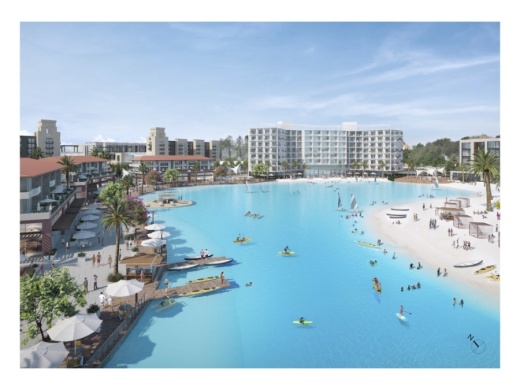Leander Springs is a 78-acre, mixed-use project with retail, restaurant, entertainment, hospitality, office and residential components. City Council approved the first reading of the zoning change Dec. 17.
The zoning request amends the current planned unit development/transit-oriented development zoning to add multifamily and general commercial base zoning districts.
Leander Mayor Troy Hill announced the project Oct. 15 with an economic development agreement for $22 million in performance-based tax incentives. A 4-acre lagoon will be the center of the proposed project, and no other crystal lagoons could be built within a 30-minute driving radius. A hotel and a conference center are also planned.
City Manager Rick Beverlin said Dec. 17 that if there is no performance from the developer, there is no incentive from the city. The fully developed project could be valued at $1 billion, according to the city. Andrey Derevianko, the chief financial officer of iLand Development Group, said the project would create about $78.6 million in taxes over 15 years of build-out.
Council members discussed Dec. 17 the possibility the developer wanted to flip the project for a quick profit. Hill said this was a “silly kind of argument” because developers regularly build projects and sell the property. Council Member Chris Czernek said if the claim was true, the developer would look bad, not the city.
Council Member Marci Cannon said the current undeveloped property gives about $2,400 in property taxes per year to the city.
“This is a billion-dollar project that is bringing exactly what the citizens want—entertainment, jobs, a place to go, property tax and sales tax,” Cannon said. “In order for residential sales tax to go down, we have to bring up the commercial property tax and sales tax.”
In 2021, the city of Leander is also seeking state legislation to allow the city to capture state revenue generated by the qualified hotel and convention center project. The city would earn 100% of state hotel taxes, state sales taxes and state mixed-beverage taxes generated by the facilities and in a 1,000-square-foot radius of the development.
Cameron Goodman, the city’s economic development managing partner, said several businesses have reached out to his department.
“Having that crystal lagoon is a differentiator that makes this an interesting location for a lot of people,” Goodman said.





